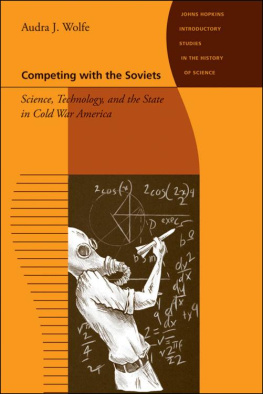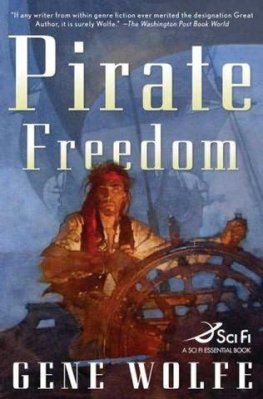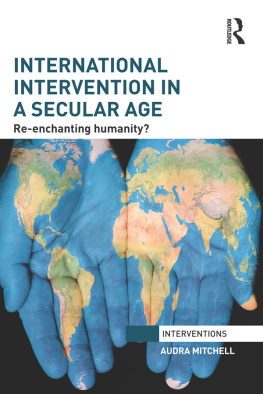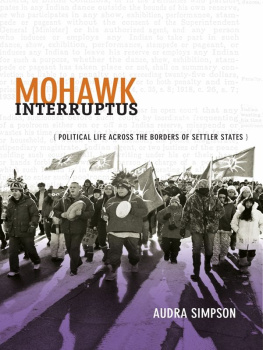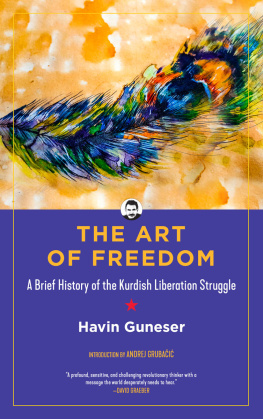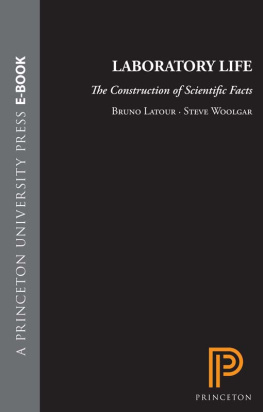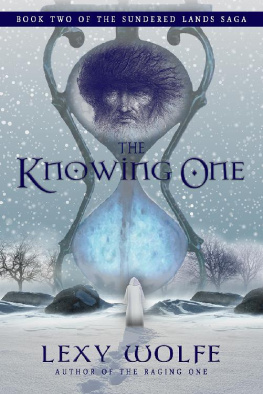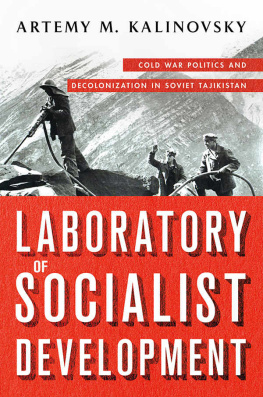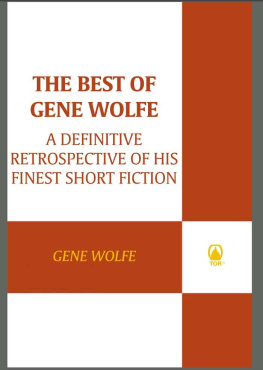Audra J. Wolfe - Freedom’s Laboratory: The Cold War Struggle for the Soul of Science
Here you can read online Audra J. Wolfe - Freedom’s Laboratory: The Cold War Struggle for the Soul of Science full text of the book (entire story) in english for free. Download pdf and epub, get meaning, cover and reviews about this ebook. year: 2018, publisher: Johns Hopkins University Press, genre: History. Description of the work, (preface) as well as reviews are available. Best literature library LitArk.com created for fans of good reading and offers a wide selection of genres:
Romance novel
Science fiction
Adventure
Detective
Science
History
Home and family
Prose
Art
Politics
Computer
Non-fiction
Religion
Business
Children
Humor
Choose a favorite category and find really read worthwhile books. Enjoy immersion in the world of imagination, feel the emotions of the characters or learn something new for yourself, make an fascinating discovery.

- Book:Freedom’s Laboratory: The Cold War Struggle for the Soul of Science
- Author:
- Publisher:Johns Hopkins University Press
- Genre:
- Year:2018
- Rating:4 / 5
- Favourites:Add to favourites
- Your mark:
- 80
- 1
- 2
- 3
- 4
- 5
Freedom’s Laboratory: The Cold War Struggle for the Soul of Science: summary, description and annotation
We offer to read an annotation, description, summary or preface (depends on what the author of the book "Freedom’s Laboratory: The Cold War Struggle for the Soul of Science" wrote himself). If you haven't found the necessary information about the book — write in the comments, we will try to find it.
Audra J. Wolfe: author's other books
Who wrote Freedom’s Laboratory: The Cold War Struggle for the Soul of Science? Find out the surname, the name of the author of the book and a list of all author's works by series.
Freedom’s Laboratory: The Cold War Struggle for the Soul of Science — read online for free the complete book (whole text) full work
Below is the text of the book, divided by pages. System saving the place of the last page read, allows you to conveniently read the book "Freedom’s Laboratory: The Cold War Struggle for the Soul of Science" online for free, without having to search again every time where you left off. Put a bookmark, and you can go to the page where you finished reading at any time.
Font size:
Interval:
Bookmark:
FREEDOMS LABORATORY
Audra J. Wolfe
The Cold War Struggle for the Soul of Science

2018 Audra J. Wolfe
All rights reserved. Published 2018
Printed in the United States of America on acid-free paper
9 8 7 6 5 4 3 2 1
Johns Hopkins University Press
2715 North Charles Street
Baltimore, Maryland 21218-4363
www.press.jhu.edu
Library of Congress Cataloging-in-Publication Data
Names: Wolfe, Audra J., author.
Title: Freedoms laboratory : the Cold War struggle for the soul of science / Audra J. Wolfe.
Description: Baltimore : Johns Hopkins University Press, 2018. | Includes bibliographical references and index.
Identifiers: LCCN 2018004445 | ISBN 9781421426730 (hardcover : alk. paper) | ISBN 9781421426747 (electronic) | ISBN 1421426730 (hardcover : alk. paper) | ISBN 1421426749 (electronic)
Subjects: LCSH: Science and stateUnited StatesHistory20th century. | Science and stateEurope, WesternHistory20th century. | United StatesRelationsEurope, Western. | Europe, WesternRelationsUnited States. | Cold WarSocial aspects.
Classification: LCC Q127.U6 W654 2018 | DDC 338.973/0609045dc23
LC record available at https://lccn.loc.gov/2018004445
A catalog record for this book is available from the British Library.
Special discounts are available for bulk purchases of this book. For more information, please contact Special Sales at 410-516-6936 or .
Johns Hopkins University Press uses environmentally friendly book materials, including recycled text paper that is composed of at least 30 percent post-consumer waste, whenever possible.

For my parents
| AAAS | American Academy of Arts and Sciences |
| ACLU | American Civil Liberties Union |
| AEC | Atomic Energy Commission |
| AIBS | American Institute of Biological Sciences |
| ASHG | American Society of Human Genetics |
| ASTA | American Scientists Traveling Abroad |
| ASTP | Apollo-Soyuz Test Project |
| BSCS | Biological Sciences Curriculum Study |
| CCF | Congress for Cultural Freedom |
| CERN | European Organization for Nuclear Research |
| CIA | Central Intelligence Agency |
| FBI | Federal Bureau of Investigation |
| GSA | Genetics Society of America |
| HUAC | House Un-American Activities Committee |
| ICSU | International Council of Scientific Unions |
| IGY | International Geophysical Year |
| JRDB | Joint Research and Development Board |
| NAS | National Academy of Sciences |
| NASA | National Aeronautics and Space Administration |
| NATO | North Atlantic Treaty Organization |
| NRC | National Research Council |
| NSA | National Student Association |
| NSC | National Security Council |
| NSF | National Science Foundation |
| OCB | Operations Coordinating Board |
| OPC | Office of Policy Coordination |
| OSI | Office of Scientific Intelligence |
| OSRD | Office of Scientific Research and Development |
| PSAC | Presidents Science Advisory Committee |
| PSB | Psychological Strategy Board |
| PSSC | Physical Science Study Committee |
| SADS | Soviet-American Disarmament Study |
| TAF | The Asia Foundation |
| USAID | US Agency for International Development |
| USIA | US Information Agency |
| VASKhNIL | Lenin All-Union Academy of Agricultural Sciences |
| VOA | Voice of America |
The American herpetologist Arnold Grobman once told me a story about earthworms. I had already encountered this story in various manuscript drafts and correspondence; Grobman told it frequently. But since I had come all the way to Gainesville, Florida, to meet the crotchety nonagenarian, I was happy to hear it firsthand. In the late 1950s, Grobman began, he traveled to Hong Kong to observe high school science teaching. The teachers invited him to watch the students dissect earthworms. As the students began their work, Grobman noticed something peculiar. The anatomy of the students specimensdug up from local soildid not match that in their British textbooks. The students nevertheless dutifully labeled their worms according to the diagrams in their texts. Since they were studying for British exams, they prioritized fealty to the text over observed reality.
A contemporary observer might draw any number of conclusions from this set piece, from the tyranny of standardized tests to the insidious ways that colonialism distorted even the most mundane aspects of daily life. Grobman absorbed a different lesson. As a humid Florida breeze blew across the patio, Grobman explained to me that forcing students to choose between empirical observation and received authority deprived them of one of the central benefits of laboratory instruction. Instead of basing their understanding of the natural world on scientific knowledge derived from their own experience and curiosity, they did what they were told. This was dangerous, he told me, because it left the students vulnerable to the influence of Communism.
With the distance of sixty years, Grobmans claim that mislabeled earthworms exposed students to the risk of Communist indoctrination is strange, even comical. To midcentury US educators like Grobman, however, the links between scientific observation and liberal democracy were transparent and urgent. They believed that political freedom depended on scientific freedom and that scientific freedom emerged from unobstructed encounters with the natural world. Nor was this assumption specific to educators. From the late 1940s through the late 1960s, the US foreign policy establishment saw a particular way of thinking about scientific freedom as essential to winning the global Cold Warand not just because science created weaponry. Throughout this period, the engines of US propaganda amplified, circulated, and, in some cases, produced a vision of science, American style, that highlighted scientists independence from outside interference and government control. Science, in this view, was apolitical.
Many Cold War ideologies collapsed alongside the Berlin Wall in 1989, but the idea that science is apolitical has had remarkable staying power. Scientists in the United States continue to lean on the language of science and freedom to defend their funding streams and research agendas, even as political leaders display less and less interest in their claims of expertise or even in the existence of facts. The claim sticks, even though a societys decisions about how science should be conducted are inherently and obviously political, involving choices about access, representation, compensation, and expertise. Appeals to apolitical science arguably made even less sense during the Cold War than they do now. Scientific research consumed a larger portion of the US federal budget during the Cold War than during any other peaceful period in US history. The fervor of anti-Communism subjected researchers to loyalty oaths and security checks. In the conformist culture of the Cold War, the specific kind of scientific freedom on offer was primarily available to college-educated, straight, able-bodied white men with impeccable anti-Communist credentials.
Next pageFont size:
Interval:
Bookmark:
Similar books «Freedom’s Laboratory: The Cold War Struggle for the Soul of Science»
Look at similar books to Freedom’s Laboratory: The Cold War Struggle for the Soul of Science. We have selected literature similar in name and meaning in the hope of providing readers with more options to find new, interesting, not yet read works.
Discussion, reviews of the book Freedom’s Laboratory: The Cold War Struggle for the Soul of Science and just readers' own opinions. Leave your comments, write what you think about the work, its meaning or the main characters. Specify what exactly you liked and what you didn't like, and why you think so.

